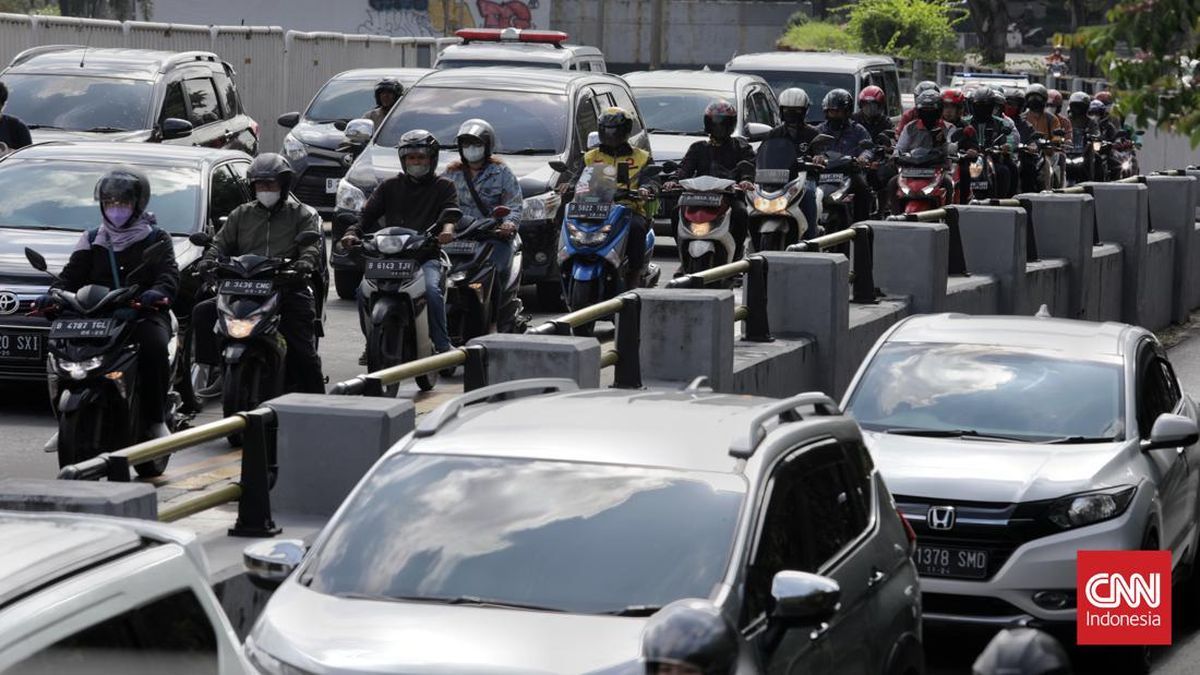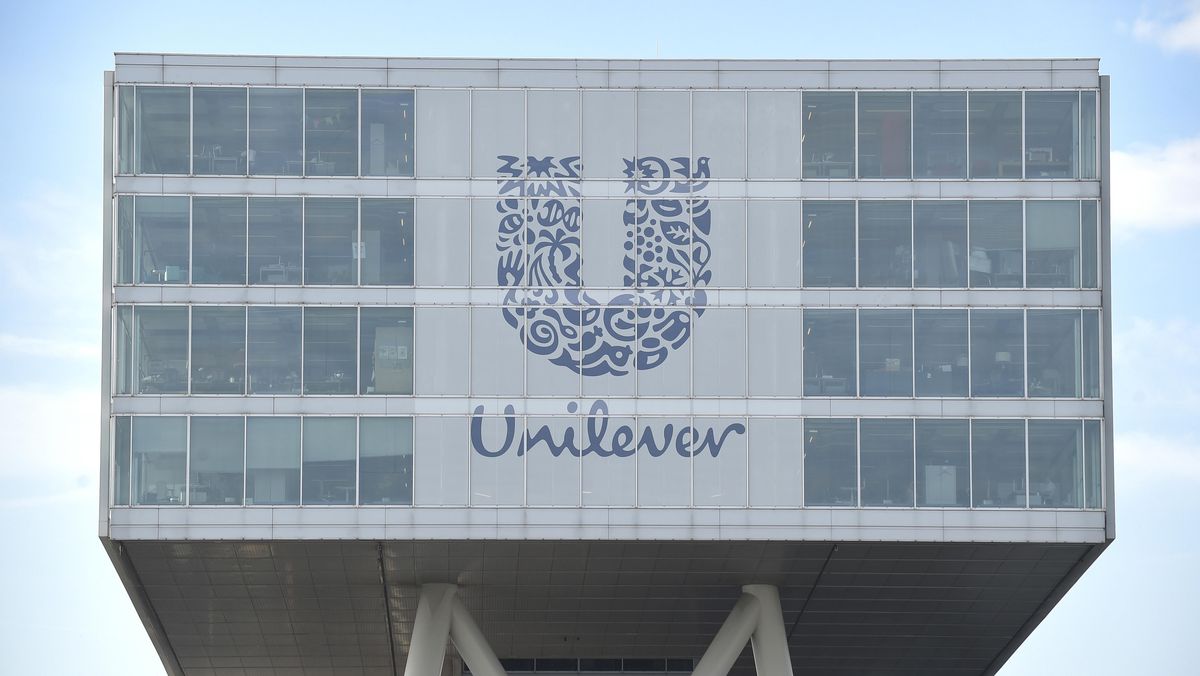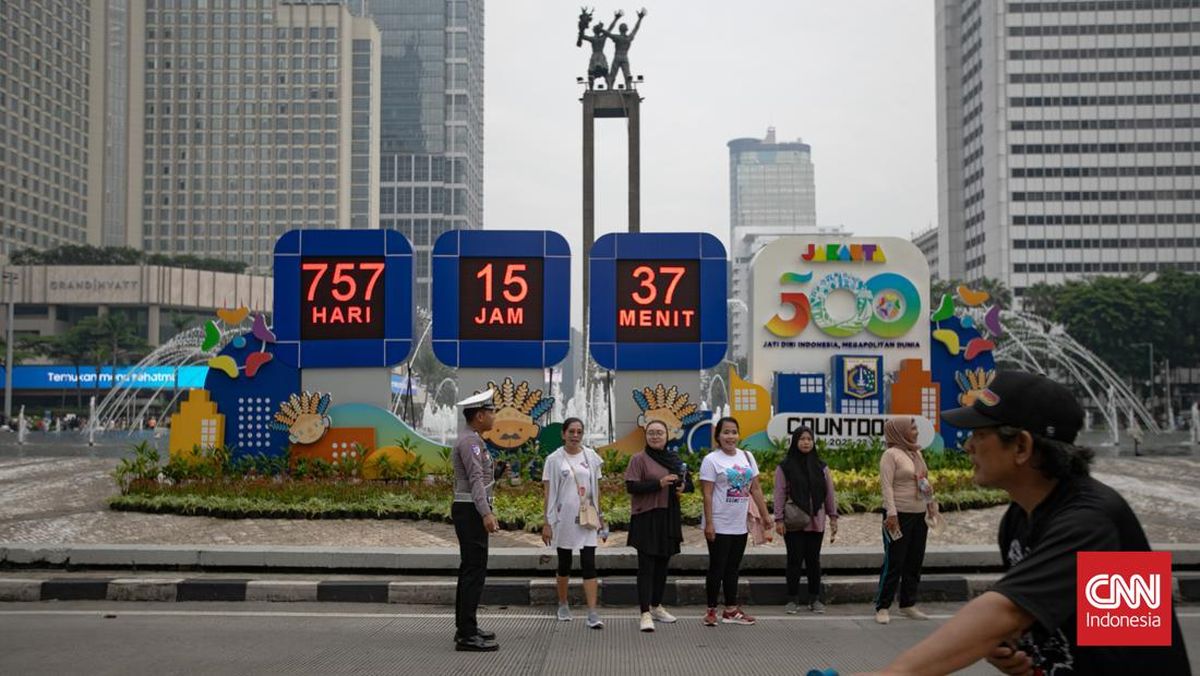Australian travellers are staying closer to home this summer as the cost-of-living crisis bites and geopolitical uncertainty keeps flyers on their toes.
Travel agency Webjet Group has highlighted Bali, followed by Auckland, New Zealand, Tokyo, Japan and Manila as the top summer destinations for Australians, with Los Angeles and London the only two destinations beyond Australia’s region.

Close and affordable once you get there: A major Hindu Shaivite Shiva temple in Bali.Credit: IStock
Webjet chief executive Katrina Barry said Australians were locking in “just-outside-the-border destinations” for summer to cope with “continued cost of living impact in Australia and New Zealand, and very high domestic flight prices in both countries”.
The average discounted Melbourne-Gold Coast return ticket is $407 in December, according to data from the Bureau of Infrastructure and Transport Research Economics, which is only a few hundred dollars shy of a discounted flight to Bali.
“Sometimes it’s cheaper to go to Bali than it is to go to Goldie,” said Barry, referencing Queensland’s Gold Coast.
Data from Webjet, based on flights booked between January 1 and October 19 for travel between December 1 and February 28, 2026, showed that domestic travel bookings comprised 54 per cent, compared to 36 per cent for international and 10 per cent for trans-Tasman.
Barry said while Australians have a strong preference for travel to the Mediterranean, the high cost on the ground is pushing more travellers to Vietnam, Thailand, Malaysia and Japan, which has “been a very strong favourite for the last two to three years, both summer and winter”.

Bali cheaper than the Gold Coast: Webjet CEO Katrina Barry.Credit: Alex Coppel
Webjet Group, after its 2024 demerger from Web Travel Group, is trying to grow its share of customer transactions beyond air travel. Realising that younger users no longer recognised the computer mouse with wings, the logo has been updated to a silhouette of a red plane.
“In our research, Generation Y and Generation Z didn’t know it was a mouse,” Barry said.
Under Barry, who was named CEO in June 2024, Webjet has a strategy to double the company’s total transactional value by 2030 and is trying to capture more travel spending by growing sales of hotel roams and tours and exploiting tech-enabled travel packages. Total transaction value in 2025 was $1.5 billion.

Australians have a preference for the Mediterranean, says Webjet’s CEO. Pictured: Navagio Bay, Zakynthos, Greece.Credit: iStock
To do that, Barry is seeking to change how customers use and think of Webjet, moving from a comparison site for flights to one that can combine disparate flights, hotels, insurance for one package.
The company is using AI to sift and compile travel segments that in the past would be difficult to combine. “So we’re creating what we would call a unique product that’s really hard to compare.”
Barry said a lot of online travel agencies had their birth in the dotcom era (in late 1990s and early 2000s) and catered to travellers in North America and Europe who could compare flights for point-to-point spanning a few weeks.

Wellington offers Australians a closer destination. Credit: Mlenny
At the time, Aussies and Kiwis booked extensive and expensive multi-stop tours to Asia, Europe and North America, relying on travel agents to manage the complexity. This slowed local innovation in multi-stop online-booked travel in Australia.
But demand remains firm. Investment bank Jarden last month noted that the Asia-Pacific region “achieved the second-highest growth in demand in July after Latin America”. The outlook could improve through 2026 “aided by potentially easing geopolitical impacts”
The Australian Travel Industry Association’s latest research showed that over 50 per cent of all travel is booked through an online travel agent, bricks and mortar office or in-person agency.
“That’s much higher than any other market in the world besides New Zealand,” said ATIA chief executive Dean Long.
“We do have a higher complexity in travel than, say, what you would consider in domestic Europe or domestic North America,” Long said.

Closer and cheaper during a cost of living crisis: Vietnam.Credit: Getty Images
Within that trend is an emerging younger demographic that is focused on using an online intermediary who can support them with their combined travel needs, he said.
Webjet’s Barry said that today, while travel agents “absolutely have a place” serving high-end clients, advances in technology and booking enable Webjet to sell entire travel packages consisting of differing legs, often determined by most competitive pricing, to customers online.
“Our market is the people who are digitally native, the people who want to self-service, and people who are looking for great value.”
Webjet’s new logo “go somewhere” also seeks to capture some of the post-COVID, Gen Z ethos of travel, in which people are pushed as much as pulled toward holiday.
“Ultimately, they just want to go somewhere,” Barry said.
The Business Briefing newsletter delivers major stories, exclusive coverage and expert opinion. Sign up to get it every weekday morning.
Most Viewed in Business
Loading


















































